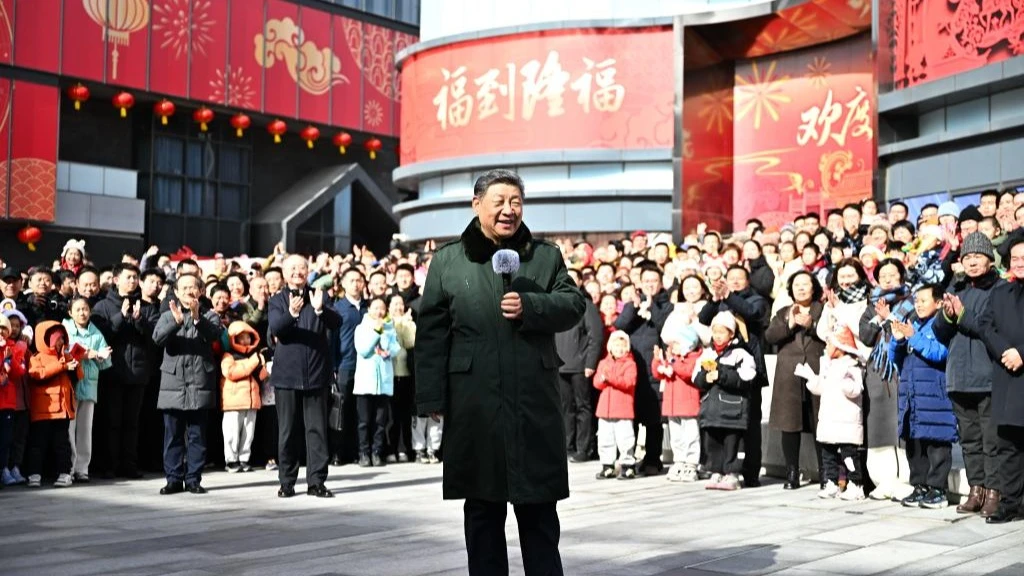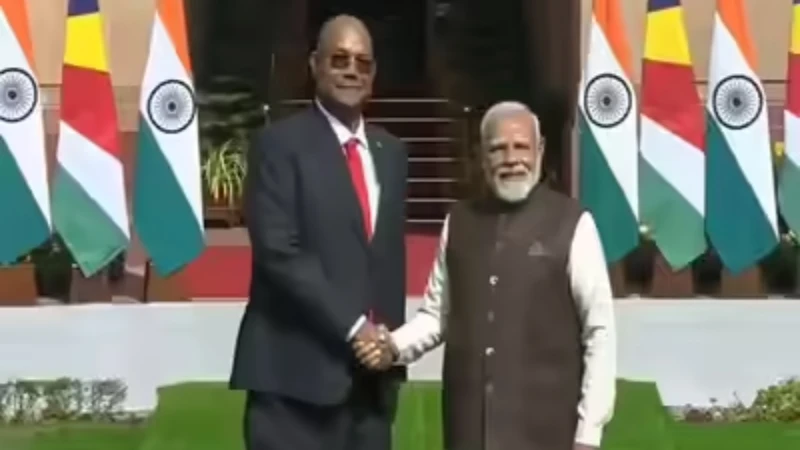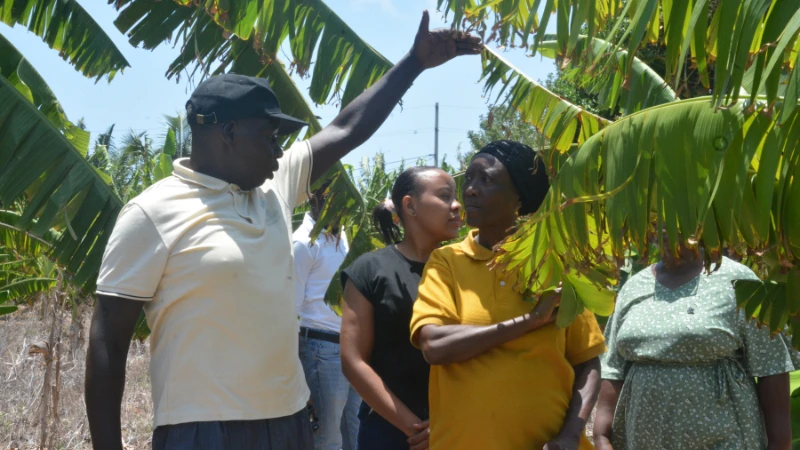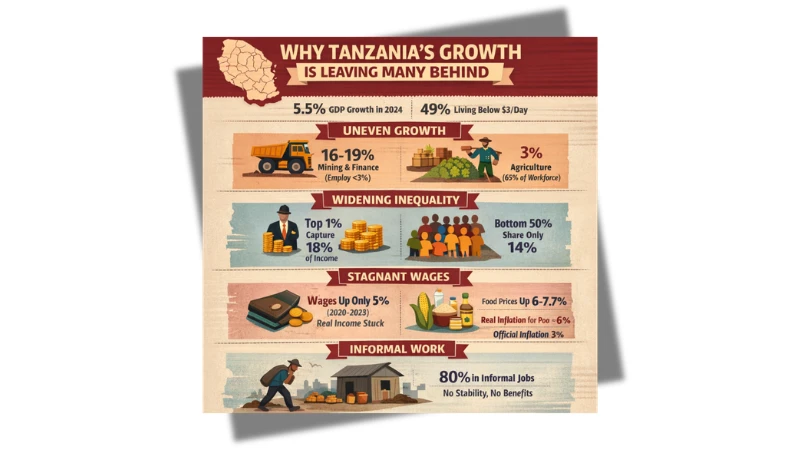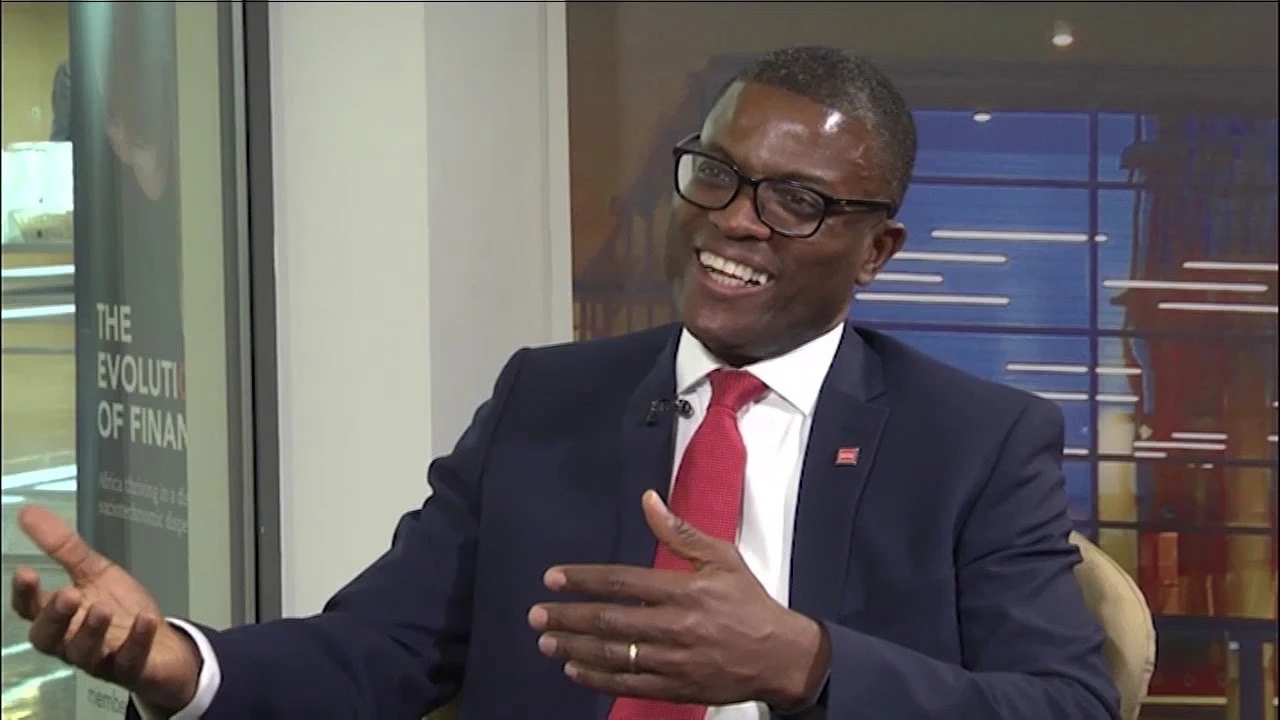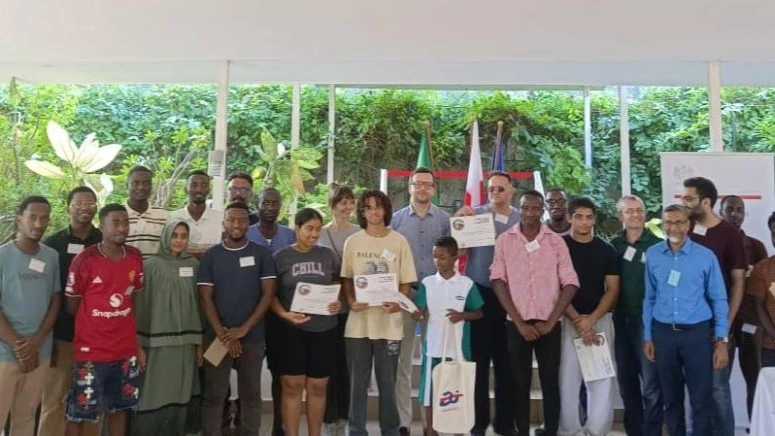Give youth space to build a better future through land ownership
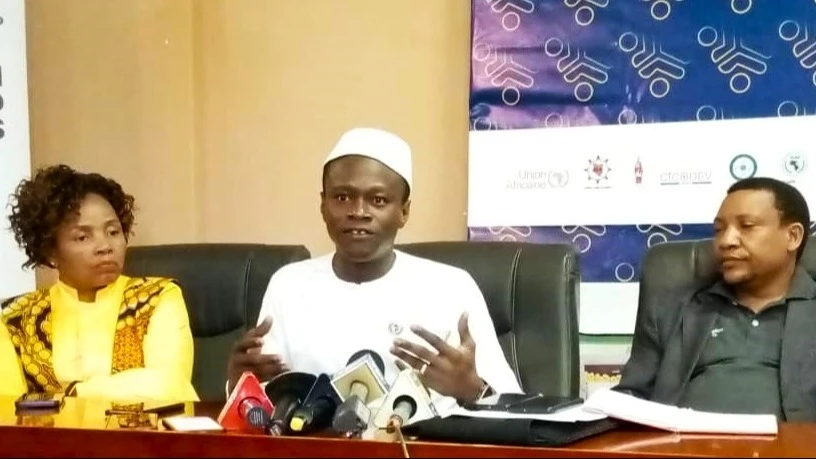
YOUNG people must be given opportunity to participate in decision making processes in land rights and ownership, secure tenure and land governance if they are to build a better future for the next generation.
If they are excluded in the various decision processes related to land and other natural resources, countries are not only unlikely to realize the Sustainable Development Goals but also the future generation will fail to proper irrespective of abundant natural resources that the countries are endowed with.
“The future of the youth is built on land. We must make sure that they have the right to access and own it as well as provide secure tenure. With ownership and protected land rights, the youth can have opportunity to create jobs and ultimately sustainable livelihoods,” said Everlyne Nairesiae, Africa Director of Landesa.
She was speaking online during the Fourth International Youth and Land Governance (CIGOFA 4), that is ongoing in Arusha City. The theme of the conference is Acceleration of Youth Land Rights and the specific topic is Advancing Youth Land Rights in Africa: Helping young people build a better future.
She said that in order to reach this goal, the youth must understand the value of land and must be assured of secure land rights.
“Through training, education and awareness campaigns, they youth should bear the responsibility to manage land sustainably so as to build a better future,” she explained.
In his welcome remarks, Executive Director for Youth Initiative for Land in Africa (Yilaa) Innocent Antoine Houedji said that youth empowerment for a better future is a common problem for many countries in Africa.
“So we have to combine our efforts in order to find a common solution. That is why we are here,” he said, adding that everyone, every institution must find space to contribute to building a better future for the youth.
Prof. Walter de Vries, Director of Technical University of Munich’s Master and PhD programmes in Land Management and Land Tenure said that the youth are the strong foundation of the future and have an important role to play in achieving SDGs.
“But in order to carry out this obligation, they must be reliable, they must be trusted, they must be respected and they must be responsible so that they can manage land in a manner that can guarantee them a better tomorrow. They must show that they can be trusted to manage land,” he explained but was quick to add, “The youth cannot achieve this if they are left on the sidelines as spectators. They must participate in making all decisions and all such processes must be inclusive as no one should be left out. If we want them to build a better tomorrow, we have to give them opportunity to act. We need to make the youth leaders in managing land and other natural resources.”
The African Development Bank (AfDB) is among institutions that are helping the youth to build a better future.
In this endeavor, AfDB is working with the AU and Africa Land Policy, among others, by financing projects that accelerate green growth in order to provide more opportunities for jobs for the youth.
Presenting a paper on “Strategic land use planning: A pathway to enhancing land rights for African youth, Marealle Maria Saguti from the bank explained that while the population in African countries is increasing land has remained the same in size and as such, there is an urgent need to address youth access to land and empower them to managed it in a sustainable manner in order to meet their current and future needs.
He raised the need for the youth to undertake management of the environment as a means to realizing sustainable benefits from land. Conservation of the environment is inseparable from realizing future benefits from land.
Eva Maria Anyango Okath , Africa Regional Coordinator of International Land Coalition said that land is a powerful weapon to enable the youth to contribute meaningfully to Africa’s development thus it is imperative that countries should empower the youth to access, own and have their land rights protected through secure tenure. But owning land is not enough.
“We must support the youth in dealing with impacts of climate change so that they may benefit from the land they own. The youth must be equipped with education in order to adapt to impacts of climate change on land so that ownership and secure rights of tenure can be meaningful,” said Okath.
Okath commended Landesa for conducting successful campaigns to advocate land ownership for all including marginalized groups. The campaigns include the Stand for her Land which promotes land rights and ownership for women as a means for a better future for all. In Africa the campaign is conducted in Tanzania, Uganda, Senegal, Ethiopia and Kenya.
The five day conference was organized Yilaa in cooperation with Giz, International Land Coalition and Landesa, drew 500, among others, and drew participants both on line and physically, from 40 African countries.
Top Headlines
© 2026 IPPMEDIA.COM. ALL RIGHTS RESERVED












